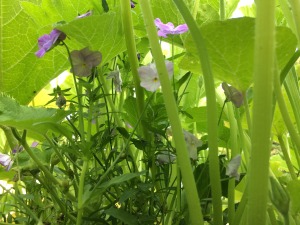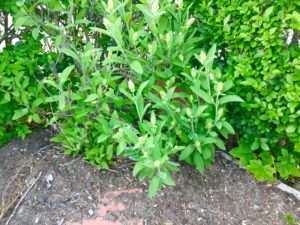Remembering now his work of redemption, and offering to you this sacrifice of thanksgiving:
We celebrate his death and resurrection, as we await the day of his coming.
[Prayer C, The Book of Common Prayer. For complete prayer, click “prayer C” above]
There have been so many battles over the word sacrifice when it appears (or doesn’t) in a communion or eucharistic prayer. On the Roman Catholic side, sacrifice; on the Protestant Reformed side, no sacrifice. The big question that governs the whole argument: is the sacrifice of Jesus a one-and-done or does it recur every time there is a Mass/Eucharist said? The Anglican church split the difference, choosing their words carefully to allow believers on both sides to worship comfortably together – a clear example of valuing practice and compromise over theological clarity.
I was a lot more invested in this theological sticking point in seminary classrooms than I ever was in church or at prayer. I’ve seen people with superb theology that haven’t a lick of compassion or gratitude. I’ve seen superb theology lead to a love for humanity that accomplished extraordinary things. I’ve seen the same in people without a single interest in theology. Right theology doesn’t seem to be the guiding factor in a life lived with love or without. I think remembering might.
If I remember the love of God seen so clearly in the life of Jesus, I just might try to love my neighbor and myself in that same way. If I see in his death and resurrection the inevitable return of all beings to the love of God, I just might see holiness and blessing in every single day of my life. If that’s not something to celebrate, what on earth is?



